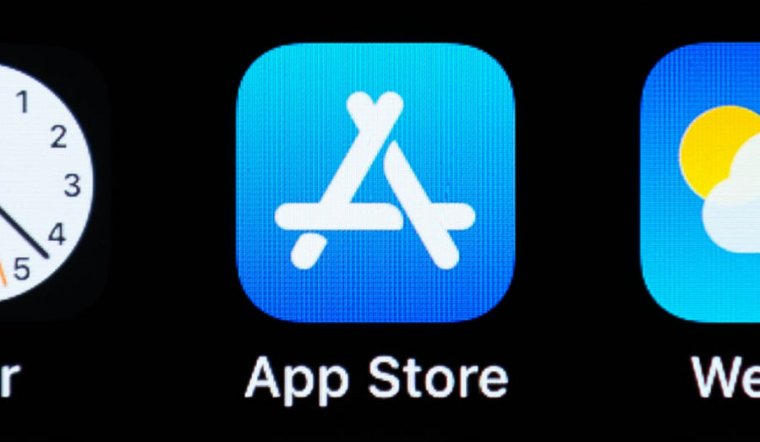
Apple took to its developer website to announce a number of new initiatives, services, and tools for developers today. Most of what the company listed are evolutions of the standard offerings it promotes at its ongoing developer conference, but one line item appears to be a direct response to the recent controversy over App Store guidelines raised by Dropbox—which we wrote about at length last week.
Moving forward, the Cupertino company says it will no longer hold up bug fixes over guideline violations except where legal concerns are at play. Apple also says that it will offer new channels for developers to challenge its judgments.Apple came under fire after it rejected a bug-fix update to email app Hey, which is made by Basecamp. Apple told the app's developers that the app would have to incorporate Apple's own system for in-app purchases or risk being delisted. Apple also claimed it should have rejected the app to begin with but that it only noticed the issue when reviewing the bug-fix submission.
The CTO of Basecamp took to Twitter with an impassioned thread accusing Apple of criminal behavior for insisting on a cut of the app's revenues. The tweet thread sparked a great deal of discussion, not only about Apple's take of app revenues but also about the company's failure to be transparent and consistent about App Store guidelines.
Here are Apple's words on the developer website today:
Additionally, two changes are coming to the app review process and will be implemented this summer. First, developers will not only be able to appeal decisions about whether an app violates a given guideline of the App Store Review Guidelines, but will also have a mechanism to challenge the guideline itself. Second, for apps that are already on the App Store, bug fixes will no longer be delayed over guideline violations except for those related to legal issues. Developers will instead be able to address the issue in their next submission.
Developers will surely be glad to hear of the change regarding updates that are composed of bug fixes. The rest of Apple's statement seems to suggest that the company is opening up new avenues of discussion with developers about App Store review guidelines and specific judgments Apple makes based on them.
What that will look like is unclear, though. Equally unclear is whether it will lead to any actual changes in policy or enforcement. More details will likely come as the changes roll out later in the summer, but for now, Apple is mainly just telling developers that it's listening.
Last week, Apple SVP Phil Schiller gave an interview to TechCrunch in which he defended Apple's guidelines and said there would be no changes to the actual policies in response to the complaints about Hey's situation. However, Apple nonetheless approved the Hey app after all, after Basecamp submitted a version of the app that followed Apple's guidelines in a minimal way. The dispute is likely to continue.
The other new initiatives, services, and tools that Apple mentioned in its article today include an explanation of Clips and Widgets, access to new or expanded APIs and frameworks like ARKit, a new StoreKit tool for helping developers plan out monetization, details about the Xcode redesign, new capabilities in SwiftUI, expanded features for Catalyst, and information on new privacy requirements.
Technology - Latest - Google News
June 24, 2020 at 03:40AM
https://ift.tt/2Z9E1er
Apple is changing parts of its app review process after the Hey controversy - Ars Technica
Technology - Latest - Google News
https://ift.tt/2AaD5dD
Bagikan Berita Ini














0 Response to "Apple is changing parts of its app review process after the Hey controversy - Ars Technica"
Post a Comment